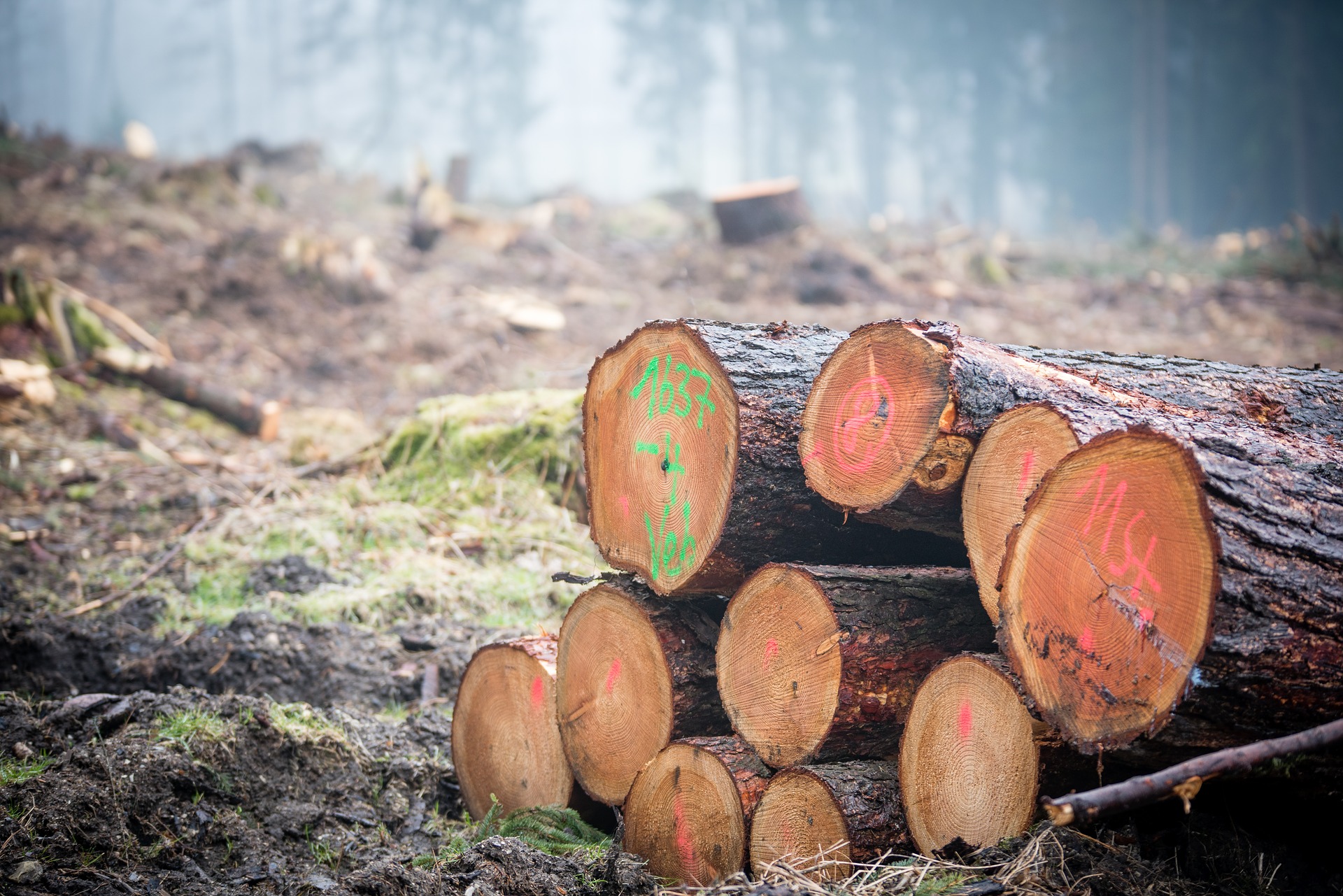“Life Happens Fast…Protect What Matters Most” describes the RPM insurance agency’s mission to help clients safeguard their lives and property. Fire mitigation is a priority for our mountain community, and RPM has extensive knowledge and experience in this arena. The RPM team can advise customers on how to create defensible spaces around their homes while maintaining an attractive landscape that includes trees and planting areas.
RPM and owner Michele Robbins are also engaged in a larger undertaking – to promote responsible management of the beautiful forests that surround us, forests that are unhealthy and pose a strong potential for wildfire in our community. The crisis we now face has developed over the last several decades because of several factors: 1) lack of forest management; 2) the impact of our changing climate and 3) the expansion of our Wildland-Urban Interface.
Jeffco Task Force Taking Action
Robbins continues to be actively involved in fire mitigation efforts at the county level as a member of the Jefferson County Fire Mitigation Task Force. “I’m optimistic about our efforts at the county and community levels to address the very real fire danger facing the Evergreen and Conifer areas – which experts believe could be the next ‘Paradise’ blaze,” said Robbins. “Jefferson County, with the leadership of Commissioner Lesley Dahlkemper, in particular, is extremely active in finding out what is necessary to turn us from a high risk, fire prone area to a ‘fire ready community.’”
Growing Risk to Our Mountain Community
The Evergreen and Conifer areas of Colorado have been elevated to one of the most at-risk regions of the nation for wildfire being compared to the locale that could be the next Paradise, California which was the deadliest and most destructive wildfire in that state’s history covering nearly 154,000 acres, taking the lives of 85 people, displacing 50,000 from their homes, and resulting in $16.5B in damages.
When any wildfire tears through forest lands, the environmental costs are devastating. From reduced air quality to lessened water quality, to the elimination of watersheds for whole communities, the environmental impacts of wildfire can have long-lasting and catastrophic implications.
Working with the county’s fire mitigation team and the head of the Jeffco economic development council, it became clear to Robbins that finding a company with the resources and expertise to responsibly thin overgrown forested areas was an absolute necessity. The team reached out to Vallis Colorado, a log processing facility, and welcomed them with open arms.
Vallis Colorado Partners with Area Landowners
Located in Golden, Vallis partners with the owners of privately held forest lands within the 1.9 million acres of along the Front Range of Colorado who want to reduce their treatment costs and create a healthy forest ecosystem.
A key member of the Vallis team is consultant Lyle Laverty, a Certified Forester whose extensive background includes serving as Past Chair, Colorado/WyomingSection Society of American Foresters, Associate Deputy Chief of the U.S. Forest Service in charge of the National Fire Plan, Director of Colorado State Parks and Regional Forester for the Rocky Mountain Region. Laverty currently serves on the Forest Health Advisory Council and is active in the Association of Consulting Foresters.
“A lot of owners would like to do the work, but they haven’t had the resources to do so,” said Laverty. “We will conduct an assessment to determine the most responsible plan for thinning the forested area and will put together a proposal for the landowner. Vallis is actively working with private land owners in the Conifer area who see the benefits of creating defensible space around their homes, protecting their investments and reducing the potential for wildfire.”
According to Laverty, the need to harvest dead wood from Colorado’s forests is undeniable, and growing. “Our conditions are terrible. The most recent update of forest inventory data for Colorado’s National Forest System lands shows current mortality is more than twice the annual growth, more than 266 million cubic feet,” said Laverty. Simply stated, we are losing more trees than we are growing. If we stacked this material on the field at the Broncos’ Mile High stadium, it would cover the entire field and rise approximately 5,500 feet into the Denver’s skyline.”
Support for Proactive Forest Management
Laverty explains that in the last 25 years or more, our country has shifted resources from forest management to fire suppression. To reduce the opportunity for mega-fires like the one in Paradise, California, he says we need to refocus on proactive management strategies supported by a strong funding stream at all levels of government. Doing so will not only reduce chances for devastating fires, but will guard against significant economic impacts of burned forest lands.
“We have lost approximately 500,000 acres of forest lands since the Buffalo Creek fire in 1996,” said Laverty. “Losing these landscapes for recreational use has a major impact on the economy of our state where outdoor recreation generates $28 billion in consumer spending each year.”
As public awareness of the forest crisis continues to grow, perspectives on thinning natural areas are evolving as well. Many in the environmental community are recognizing the need for active management. “It’s not about ‘clear cutting’ the forest as was once feared, said Laverty. “Active management of our Colorado’s forests creates a diversity of tree and plant species, enhancing the ecological integrity and productivity of our forests. “It is all about promoting resilient landscapes to achieve resilient communities.”
Robbins is encouraged that Vallis Colorado has come onto the scene as a resource for landowners interested in responsibly managing their wooded properties. “Working with Vallis, and side by side with the community and those who care about environmental sustainability is the perfect solution. We’re all concerned with both fire mitigation and preservation of the healthy, vibrant and attractive landscape that drew us to Colorado.”
RPM article published in the Canyon Courier



